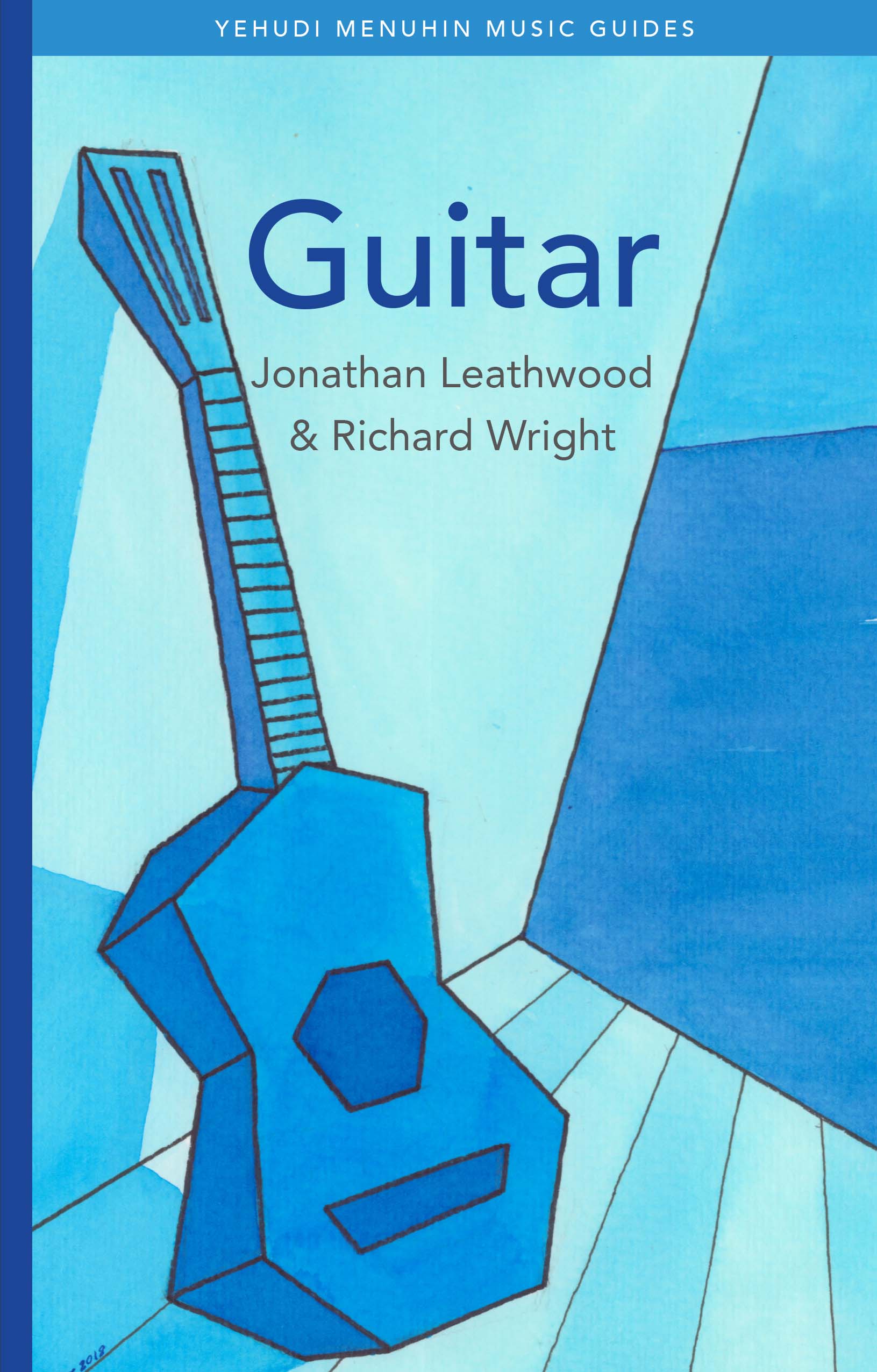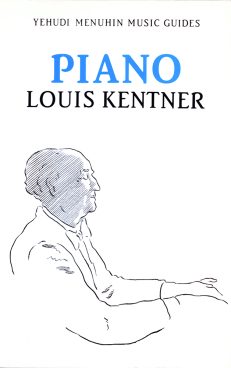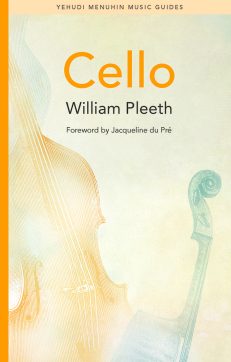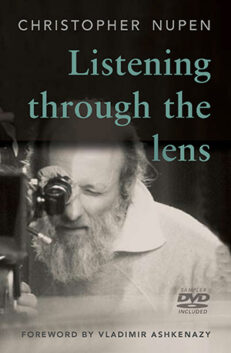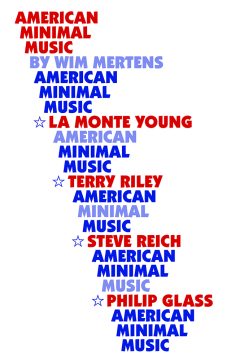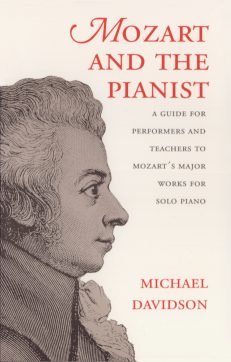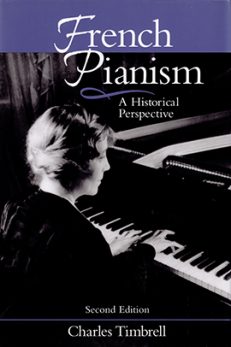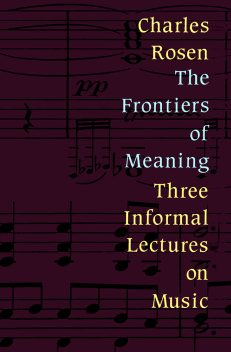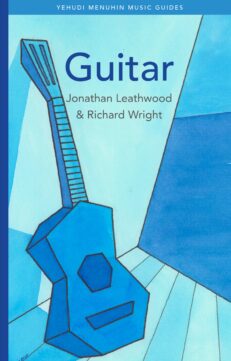Description
The guitar is one of the most popular instruments in the world, but what does it take to become a fully rounded classical guitarist? In a systematic sequence of chapters, Jonathan Leathwood and Richard Wright offer a fresh perspective on technique, interpretation, learning, practising and repertoire, drawing on a huge variety of composers and works, including a separate exploration of Bach. A final section explores the guitarist as collaborator, with advice on how to make the guitar sound at its best in the company of other instruments and how to work with non-guitarist composers. Throughout the book, musical examples from key works illuminate the points discussed.
The authors bring their vast experience as teachers and performers to this book, which will intrigue and inspire anyone interested in the art of the guitar.
An invaluable addition to the immensely successful Yehudi Menuhin Music Guides, this book brings exciting new insights into the study and performance of the classical guitar repertoire.
Companion website: https://ymguitarguide.com
Contents
Acknowledgements
Foreword by David Russell
Authors’ Preface
Introduction
Part One – Teaching and Playing
1. The Question of Difficulty
2. Touch, Sound and Voice
3. Left-Hand Expression
4. Articulation
5. Intonation and Tuning
6. The Full-Time Guitarist
Part Two – Learning and Practising
7. Body and Mind, Guitar and Score
8. Creative Practice
Part Three – Repertoire
9. Player-Composers
10. Unstable Texts
11. The Guitarist’s Bach
Part Four – The Collaborative Guitarist
12. Chamber Music
13. Collaborating with Composers
Appendices:
About the authors
Further reading
List of music examples
Index of names and works
About the Authors
As a performer, Jonathan Leathwood has appeared in many venues in Europe and both American continents. Equally known as a collaborator with both performers and composers, he has recorded with the legendary flutist William Bennett and collaborated on works for six- and ten-string guitar from composers such as Param Vir, Stephen Goss, Robert Keeley, Chris Malloy, Harrison Birtwistle and Roxanna Panufnik. He gave the Julian Bream Trust’s inaugural concert at London’s Wigmore Hall, at the personal invitation of Bream.
As an educator, Jonathan is passionate about integrating different types of skill, knowledge and understanding. He has a PhD from the University of Surrey and a bachelor of music from King’s College London, and he is an internationally certified teacher of the Alexander Technique. He teaches guitar, music theory and the Alexander Technique at the University of Denver’s Lamont School of Music, where he is chair of guitar. He is the editor of the Guitar Foundation of America’s peer-reviewed journal of guitar studies, Soundboard Scholar.
Since graduating from the Royal Northern College of Music, Richard Wright has pursued a highly varied career in both classical and popular music. As a performer, his work has encompassed everything from contemporary music groups such as the London Sinfonietta to membership of the critically acclaimed rock group Latin Quarter, best known for their 1985 hit Radio Africa. He has worked with musicians as diverse as composer John Adams and guitarist John Williams and appeared everywhere from New York’s Lincoln Center to the pyramid stage at the Glastonbury Festival.
Above all, Richard is an internationally recognised teacher of the classical guitar and its pedagogy, with a special interest in the problems of early learning. He designed and delivered a teacher-training course for guitarists in Venezuela and has lectured on guitar pedagogy in the United Kingdom, Holland, Germany and the United States. In 2004 the guitar was added to the roster of instruments taught at the Yehudi Menuhin School, and Richard became its first teacher.
Reviews
. . . . monumental. It is expansive and mind-opening yet perfectly concise and relatable, with text and music examples that can be used by amateurs and professionals alike, drawn from every time and style period, and every level of repertoire. It is unlike anything else before it. . . . Rarely does a work encapsulate the guitar’s history, repertoire, playing techniques, learning strategies, and much more, with such clarity and insight as Guitar. . . . This book is a must-read for any guitarist, beginner to professional, amateur to connoisseur.
Brad DeRoche – Soundboard 51 no.1
What we guitarists do has never been put together in one place like this before. And it has been done in such a thoughtful and thought-provoking way. I will be thinking about the ideas here and what I learned in it for quite a while. Underpinning it all is a true love for our field and its repertoire and players: this is a book that celebrates us.
David Tanenbaum – Chair of Guitar, San Francisco Conservatory of Music
Congratulations on such a brilliant book and I’m quite sure it will become an icon in contemporary guitar literature!
Dr Kevin Kwan – Xinghai Conservatory of Music, Guangzhou, China
Read it, study it, repeat … and be grateful. This is a FANTASTIC CONTRIBUTION to guitar education and musical education in general!!!
Armin Kelly – Guitar International, Ohio
This book is such a treasure chest, chock-full of many incredible gems of wisdom that will play a hugely pivotal role in contributing to the pedagogical literature of the classical guitar.
Kevin Loh
Rich pickings for teachers. This book is scattered throughout with fantastic analogies and practical strategies we can pass on to our students. Much content is directed towards those working at a refined level of skill and expression; but most of the creative ideas will enrich teaching at any level. Guitar is a springboard for further exploration, with quality resources and pedagogical value; it is a significant contribution to any classical guitar teacher’s professional development.
Paula Child – Music Teacher Read the full review.
In this guide to the guitar, you will find all the knowledge and information a guitarist may need, masterfully written in great detail by the authors, offering a wide range of musical tastes and expert technical knowledge.
David Russell
This book is what we’ve all been waiting for. A must for all serious guitar people… Jonathan Leathwood and Richard Wright have written something very special.
Steve Goss
Here is a book that will transform how you play and think about the classical guitar and its music. Students, teachers and performing professionals alike will find a wealth of new perspectives, from insightful musical analyses to practical advice on achieving rich and sustainable careers. Each technical discussion is rooted in a profound musical understanding, inviting readers to reimagine the guitar’s infinitely expressive possibilities.
Emmanuel Sowicz

